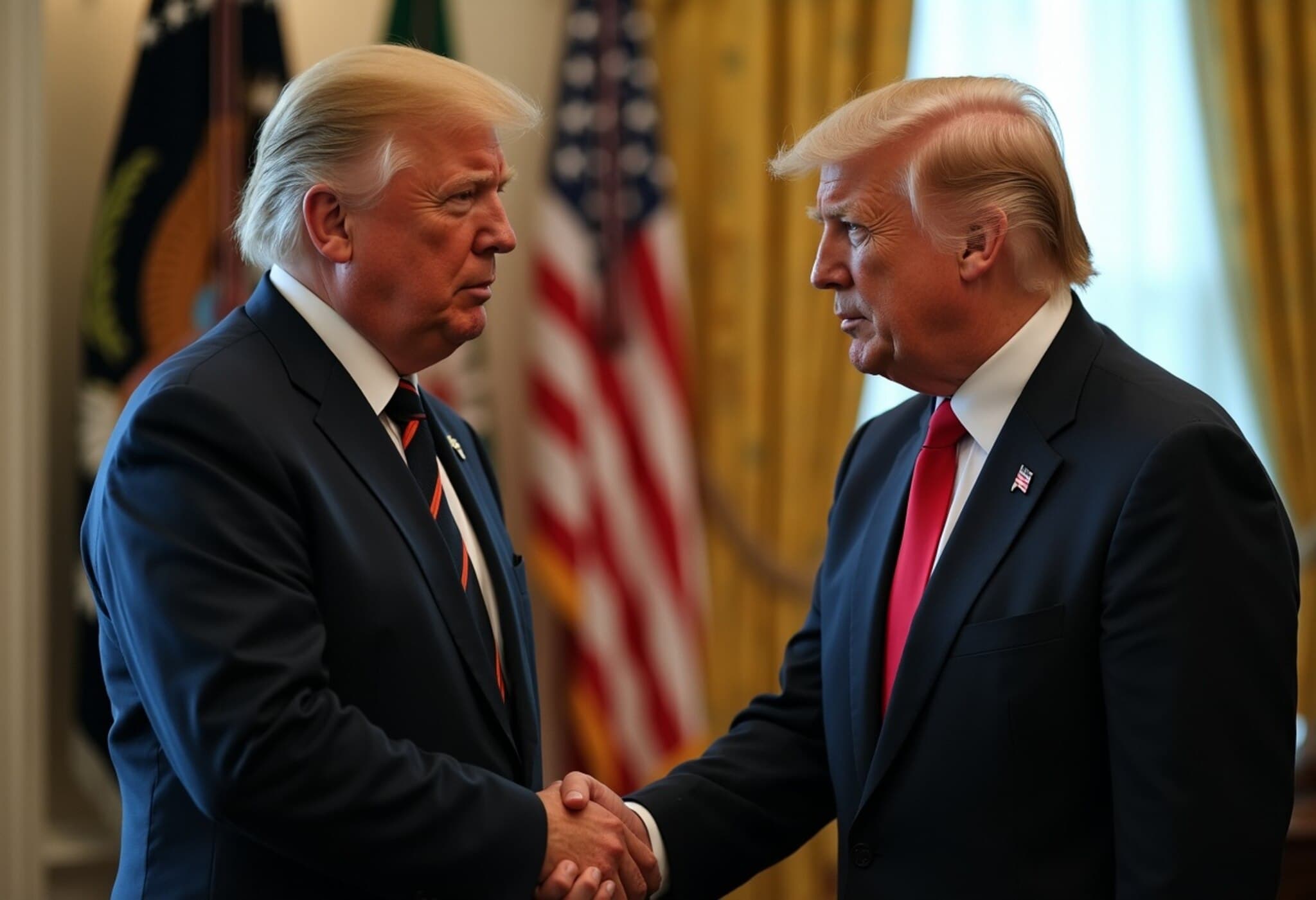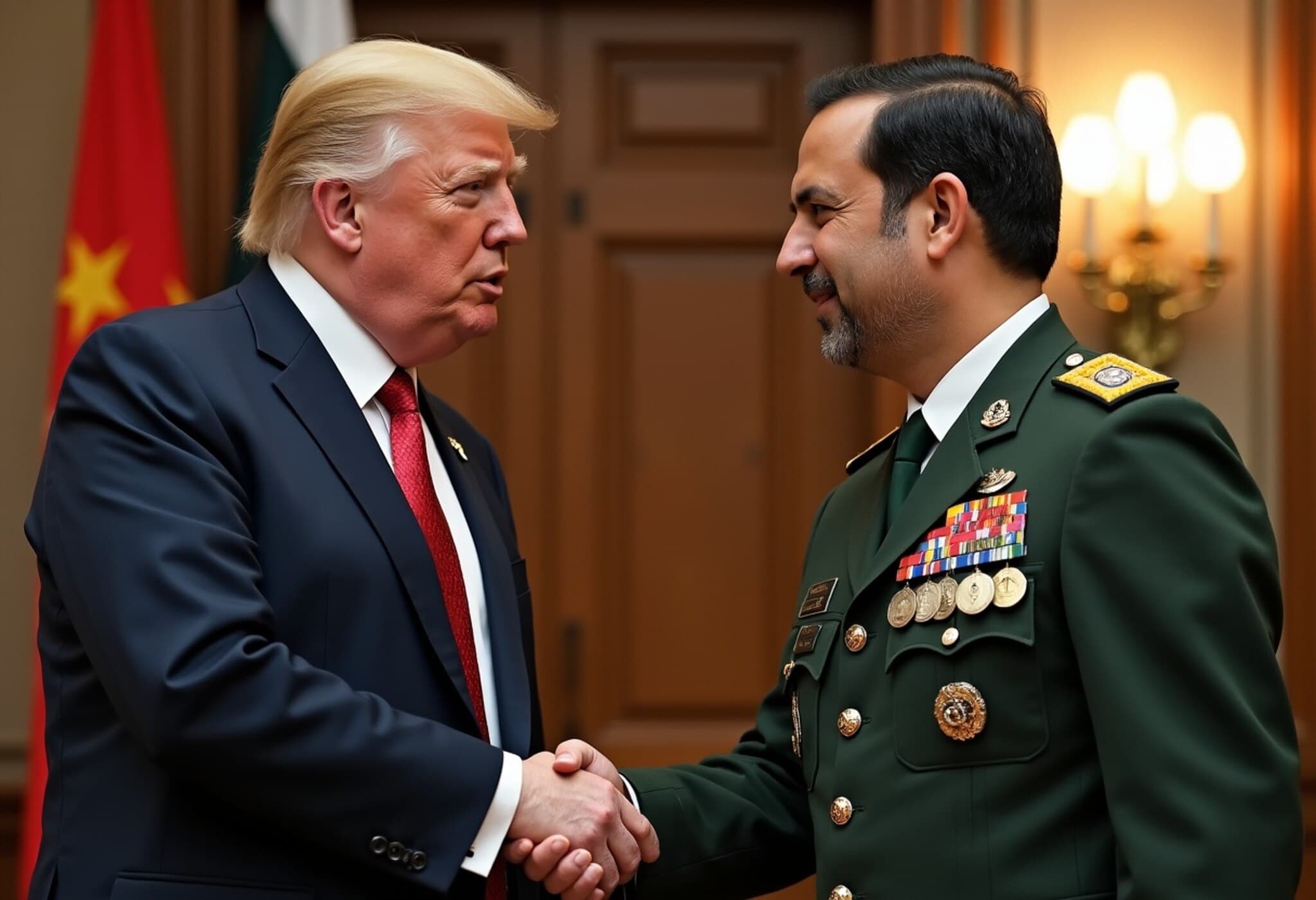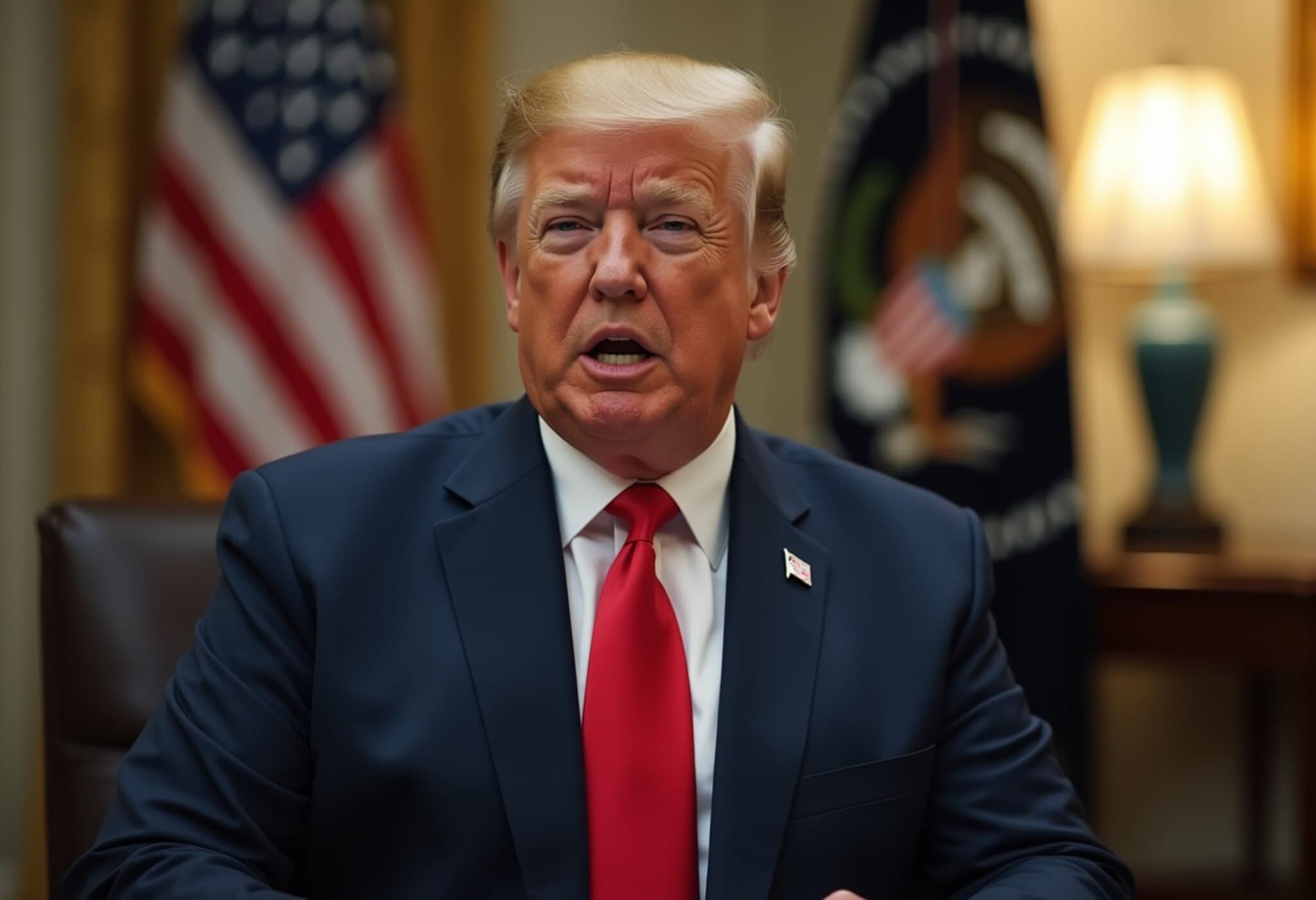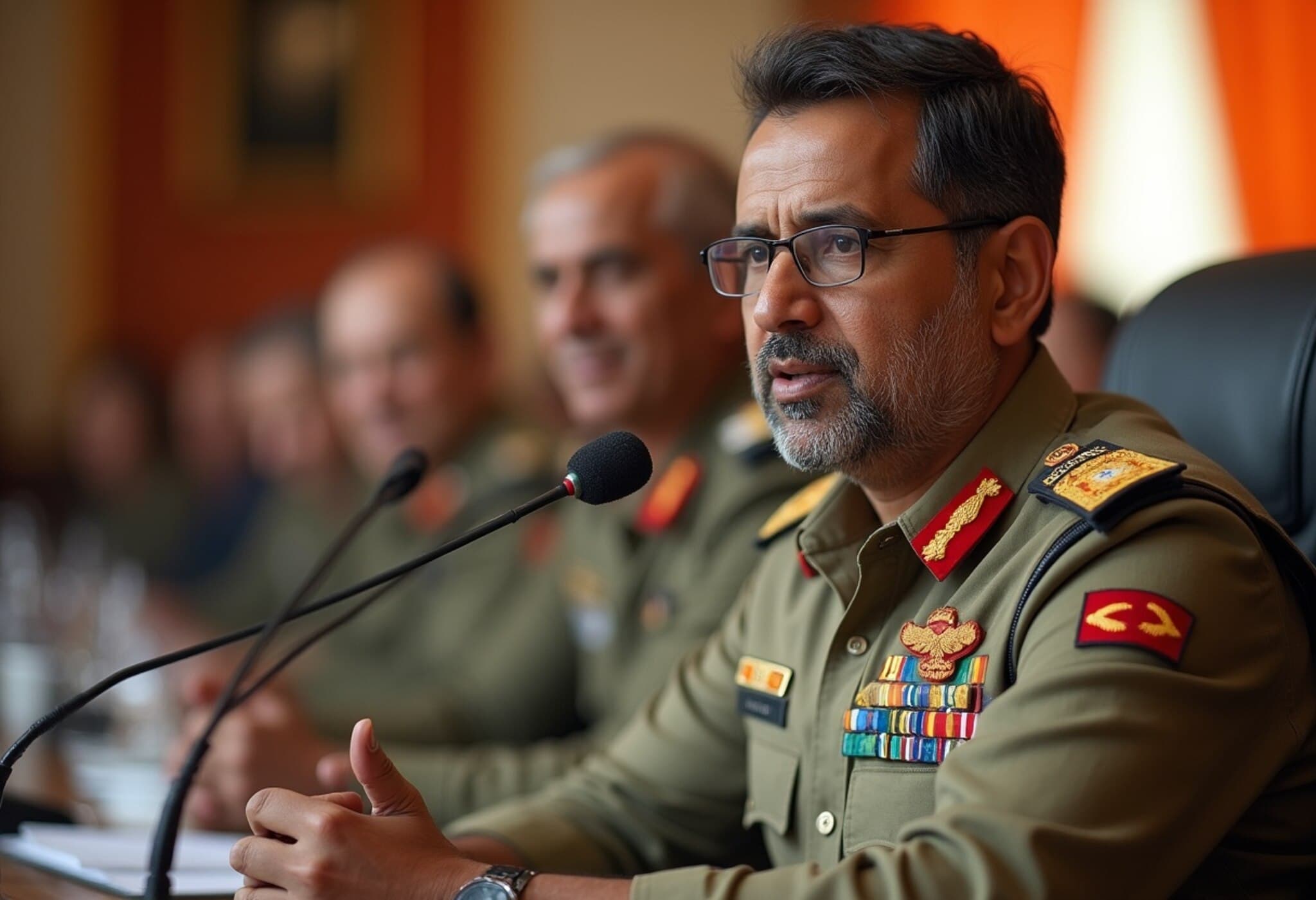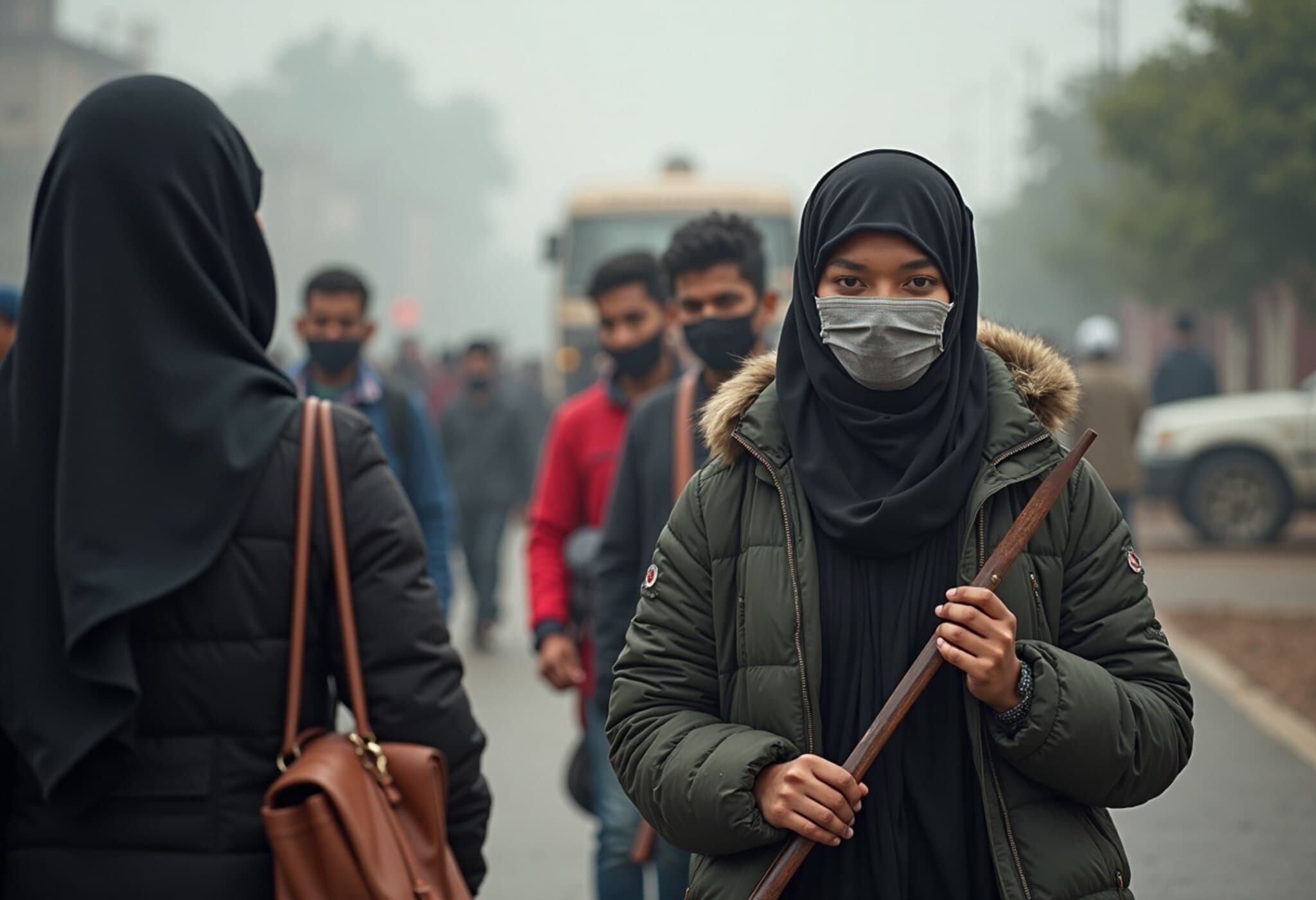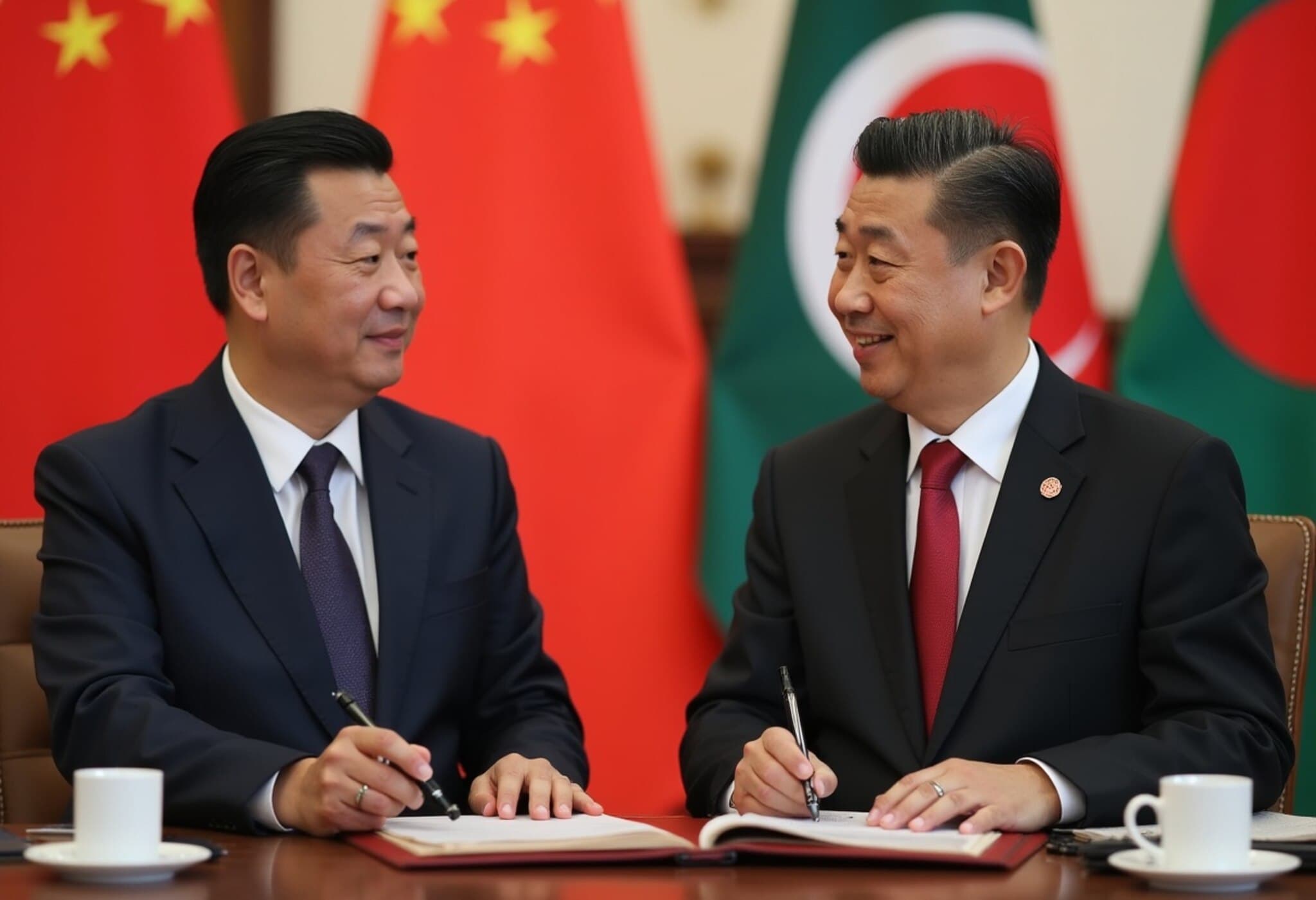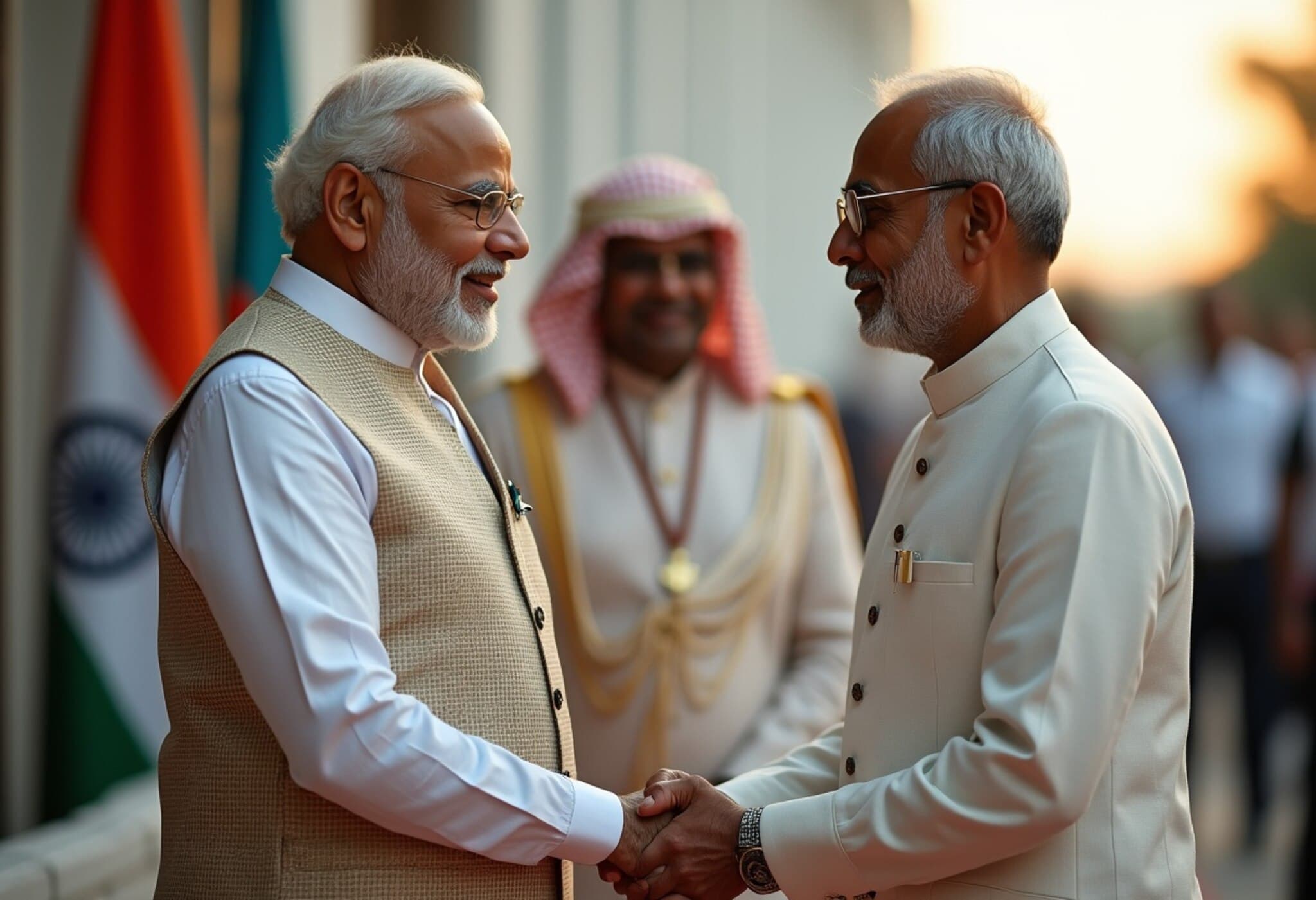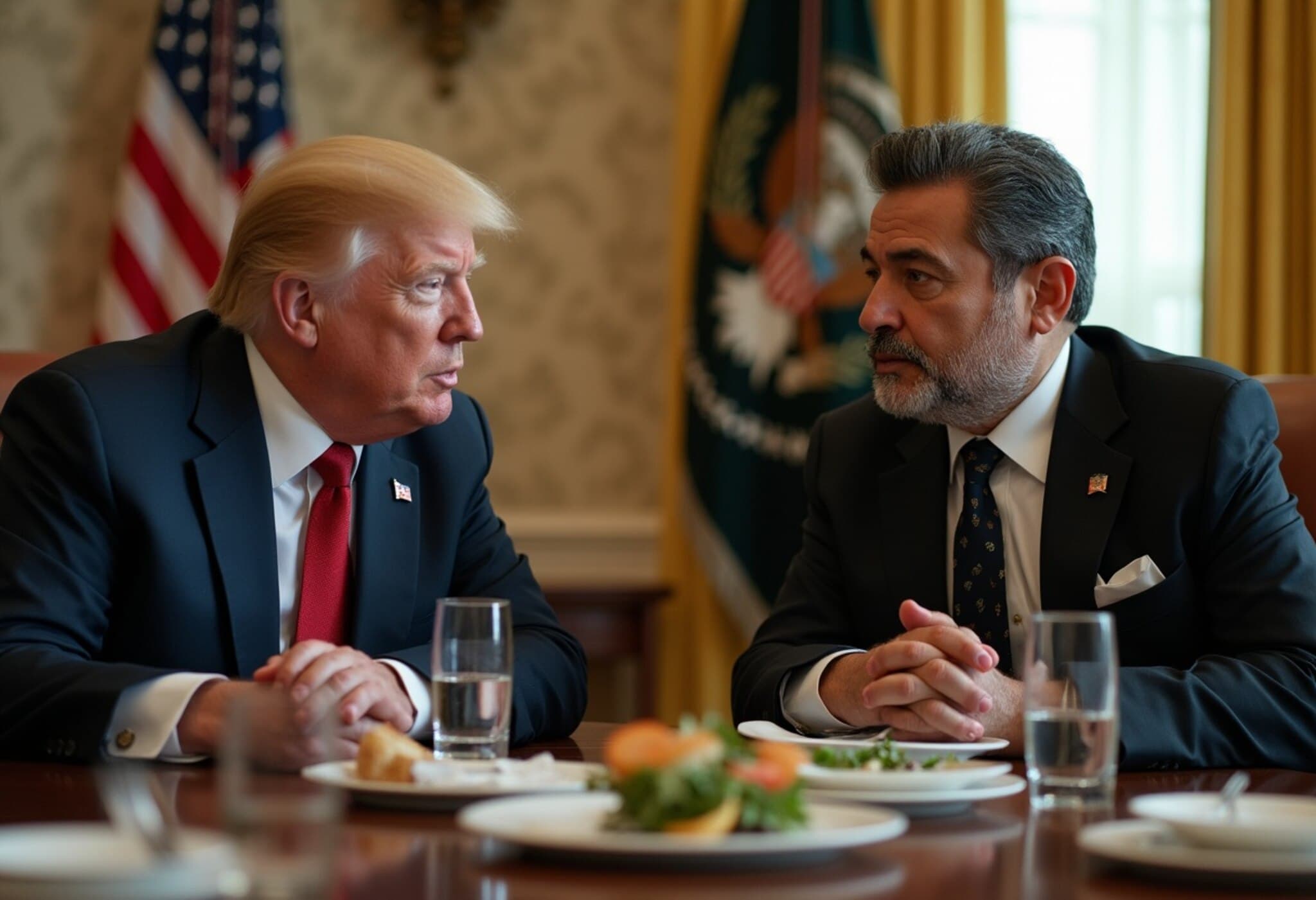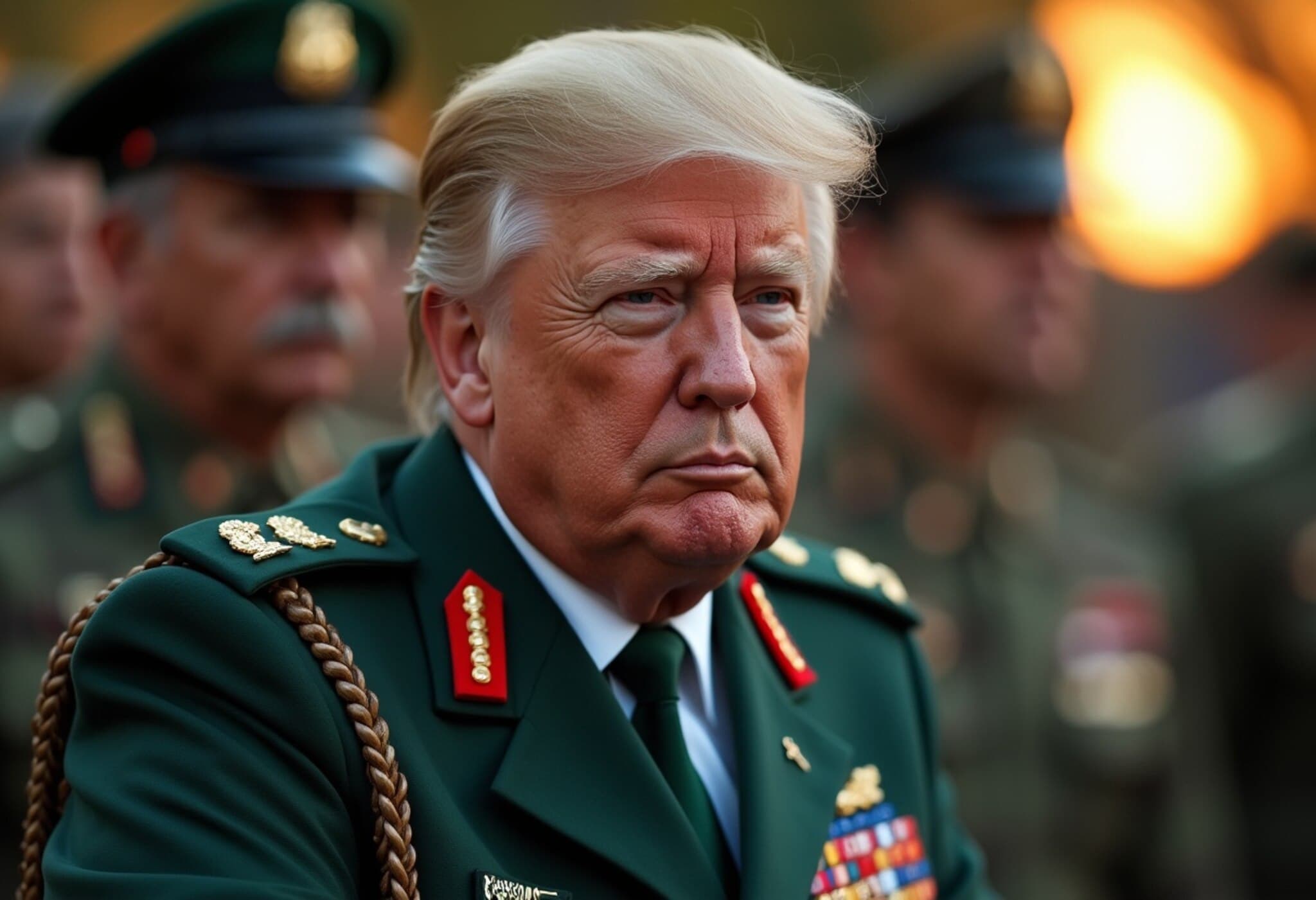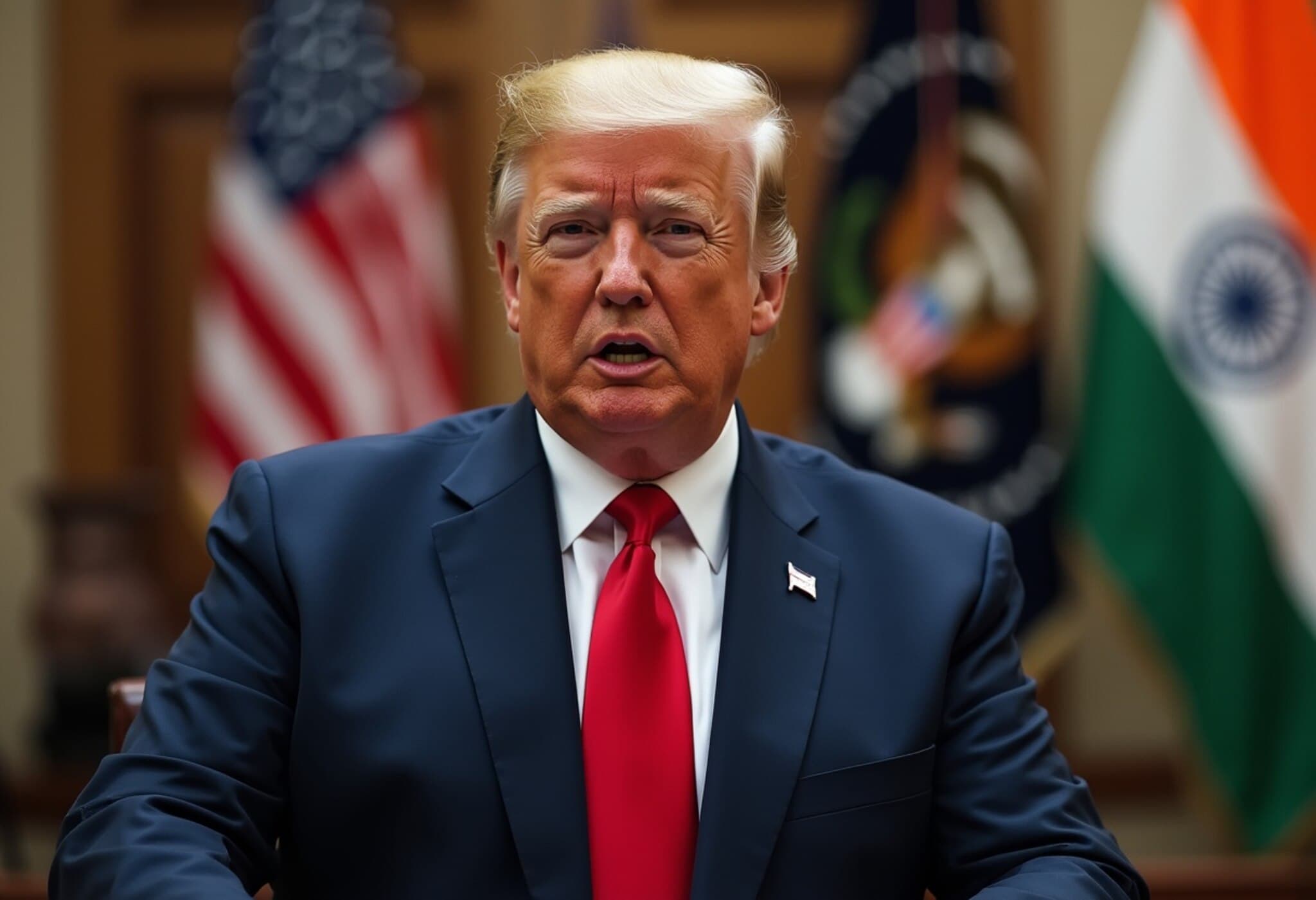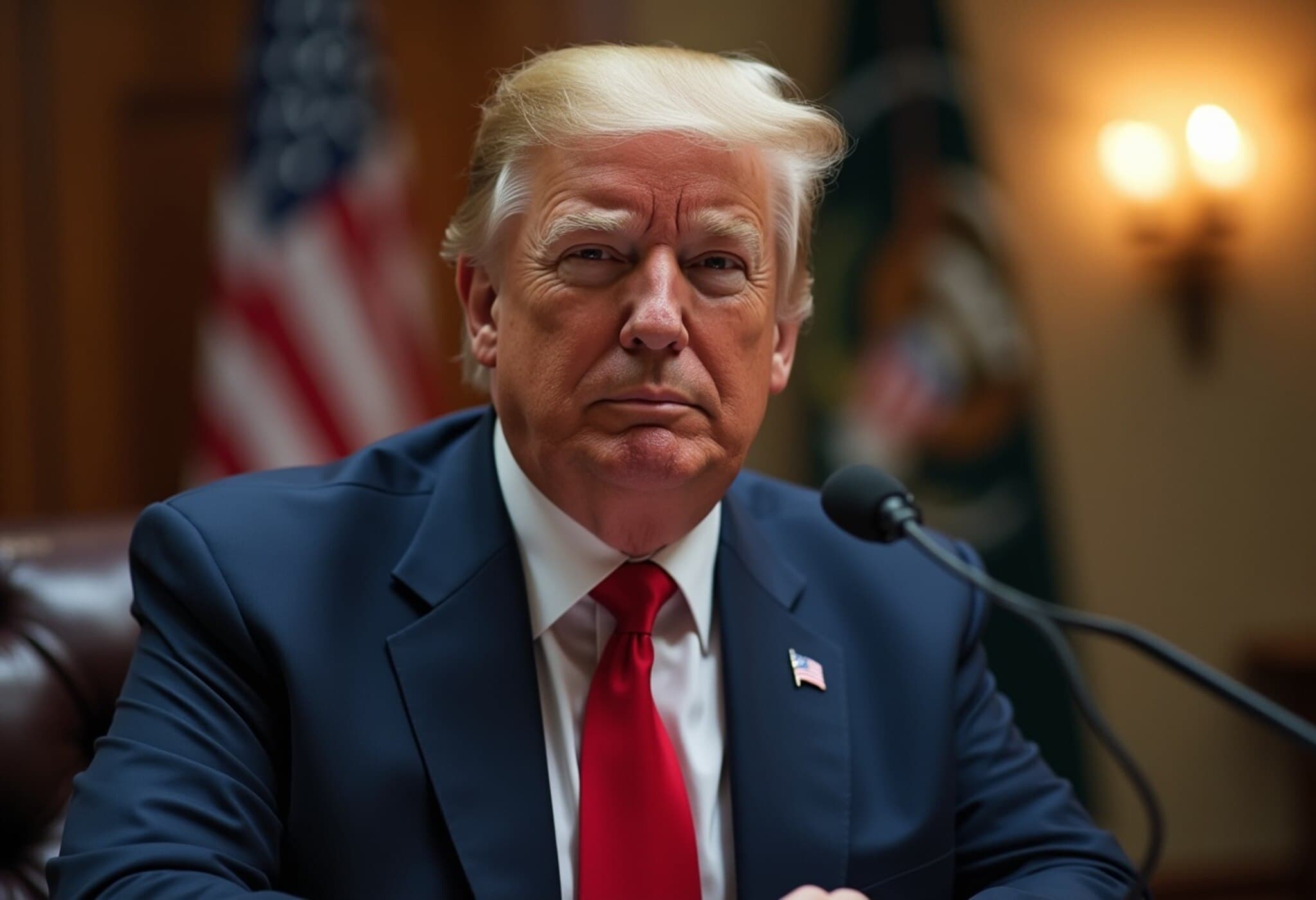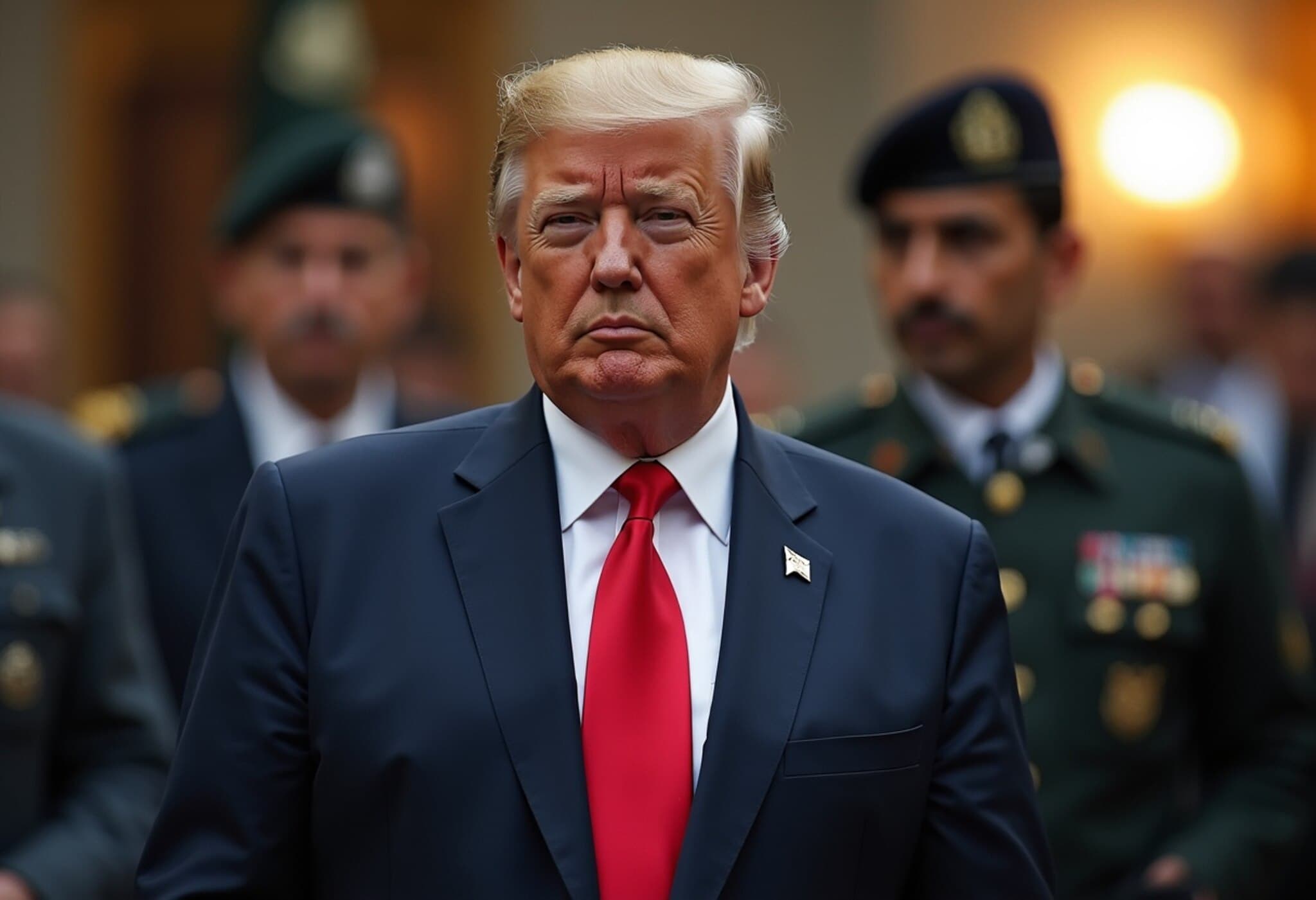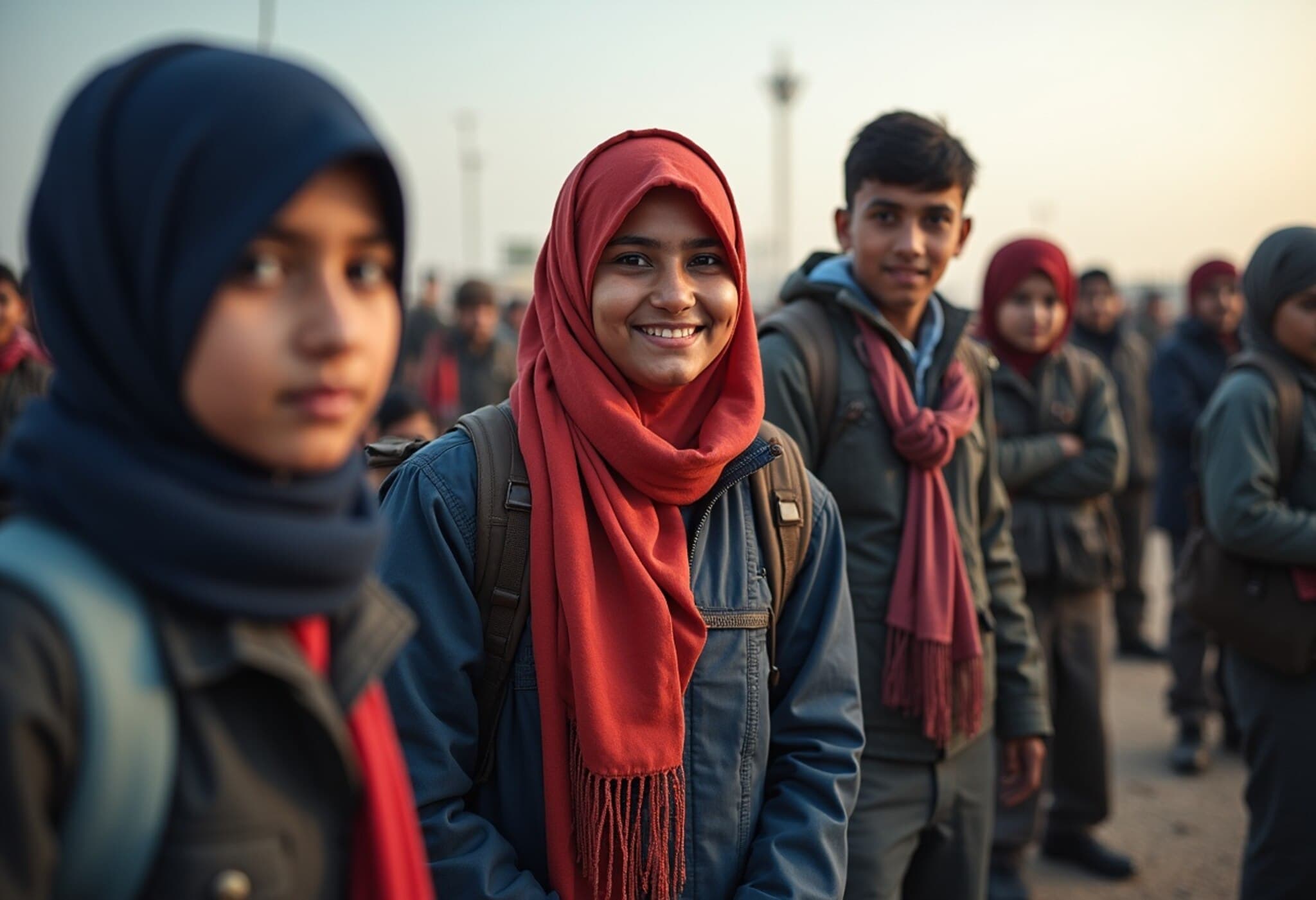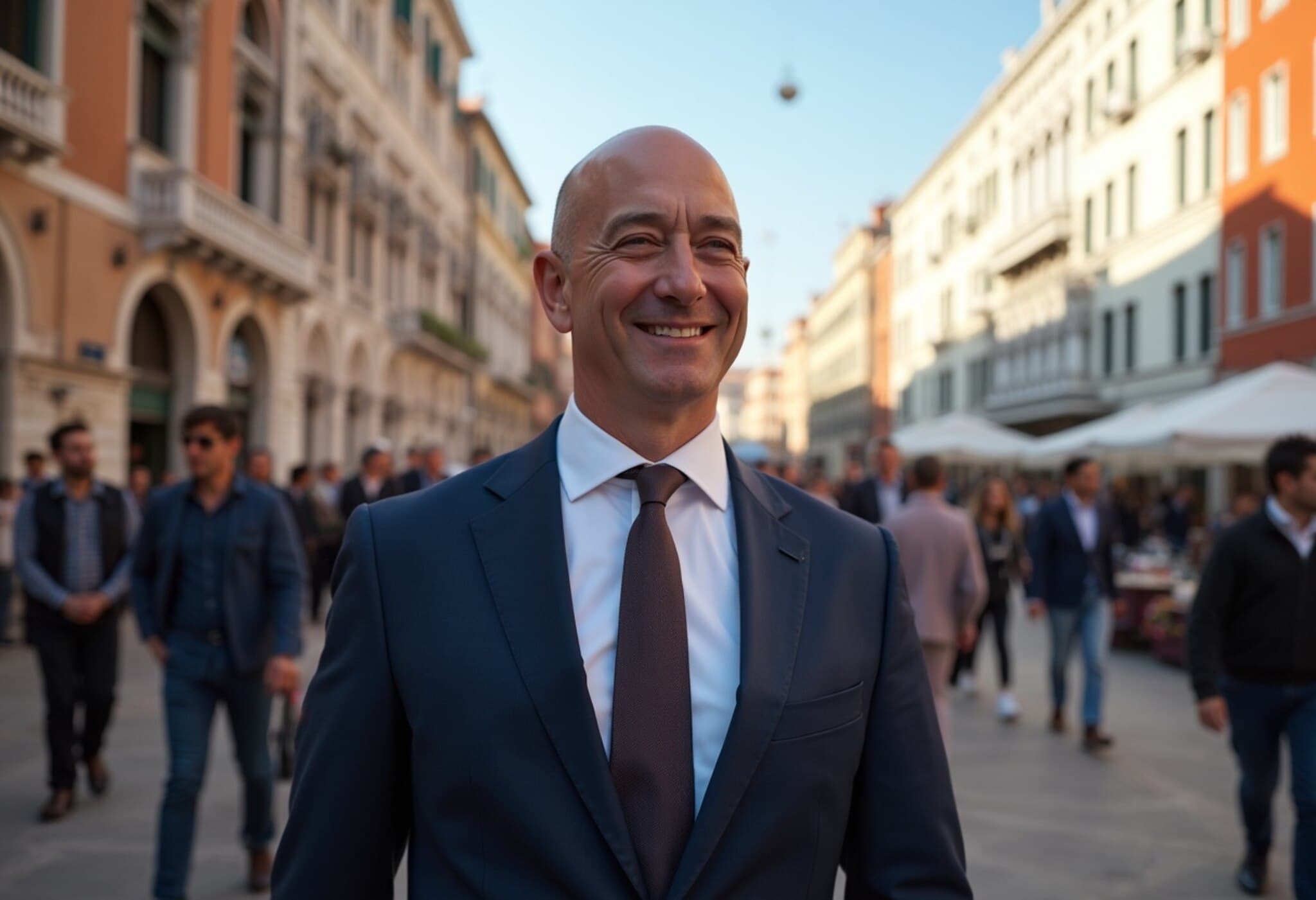Pak Army Chief Asim Munir Visits White House Following Nobel Peace Prize Endorsement
In an unusual high-level meeting, Pakistan's Army Chief General Asim Munir met with then-US President Donald Trump at the White House. The meeting occurred shortly after Munir publicly suggested nominating Trump for the Nobel Peace Prize, commending his efforts in easing tensions between India and Pakistan.
Background of the Meeting
The White House confirmed the meeting was arranged following Munir's praises towards President Trump’s role in defusing the May military confrontation between the two nuclear-armed neighbors. Munir’s public remarks highlighted Trump’s influence in preventing the conflict from escalating into a full-scale war.
Video footage showed General Munir arriving at the White House accompanied by his colleagues, underscoring the significance of the visit given such meetings between a US president and a foreign military chief are rare.
Significance Amid Regional Tensions
The face-to-face discussion was held over a closed-door luncheon amid broader geopolitical tensions, including the volatile situation between Israel and Iran. The dialogue also came at a delicate time as Pakistan’s close ties with Tehran complicate regional diplomacy.
Historically, high-level receptions at the White House of Pakistani military chiefs have been sparse and typically reserved for those who also took on presidential roles, such as Ayub Khan, Zia ul-Haq, and Pervez Musharraf. Munir’s meeting thus stands out as a notable diplomatic gesture.
Contrasting Narratives on Conflict Resolution
The encounter happened shortly after Indian Prime Minister Narendra Modi spoke with President Trump in a 35-minute phone call. Modi clarified that the ceasefire following the May 7–10 standoff was achieved through direct communication between India and Pakistan’s militaries, denying any third-party mediation.
Indian Foreign Secretary Vikram Misri reiterated India’s stance, emphasizing their refusal to accept external involvement in bilateral issues with Pakistan. Meanwhile, Trump credited his own intervention for de-escalating the crisis.
“I stopped the war between India and Pakistan,” Trump told reporters outside the White House. “I love Pakistan, and Modi is a fantastic man. I spoke to him last night, and we will make a trade deal. General Asim Munir was extremely influential from the Pakistani side, and PM Modi from the Indian side. Both are nuclear countries, and I stopped a war between two major nations.”
Recap of the May Conflict
The four-day skirmish in early May was triggered by a terror attack in Pahalgam that resulted in the deaths of 26 people, mostly tourists. India's response, called Operation Sindoor, targeted multiple terror camps in Pakistan and Pakistan-occupied Kashmir. Pakistan retaliated with strikes on civilian and military locations, but Indian air defenses intercepted all attacks.
Throughout the crisis, India maintained that de-escalation was achieved via established military channels with no outside interference. Reports of a simultaneous US-India trade dialogue or mediation were denied by Indian officials.
Diplomatic Developments Post-Meeting
While a planned meeting between Modi and Trump at the G7 Summit in Canada was canceled due to Trump’s early departure amidst the Middle East crisis, Trump extended an invitation for Modi to visit the United States. Modi declined due to prior commitments but invited Trump to attend the upcoming Quad summit in India, an invitation the US president accepted.
General Asim Munir’s elevation to Field Marshal’s rank underscored his prominent role in Pakistan’s military leadership at a time of crucial diplomatic engagements.

